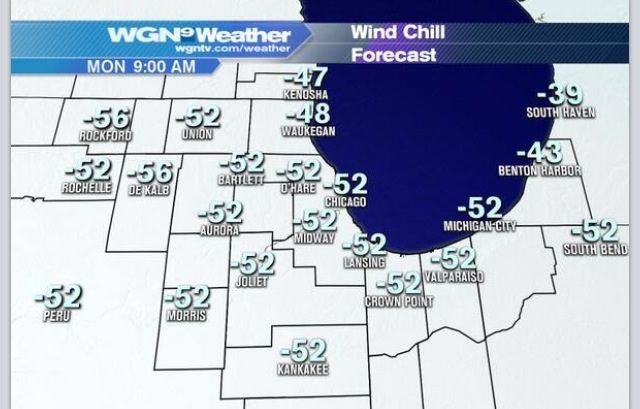Legal challenge questions reliability of police dogs
The reliability of drug dogs and their handlers is at the heart of a lawsuit filed in state district court by two Nevada Highway Patrol K-9 troopers and a consultant, who claim that the Metropolitan Police Department’s police dogs, and eventually NHP’s own dogs, were “trick ponies” that responded to their handlers’ cues, and therefore routinely violated citizens’ rights to lawful search under the Fourth Amendment.
via Legal challenge questions reliability of police dogs | Las Vegas Review-Journal.
Often the K-9 troopers were partnered with a drug task force that paired them with Las Vegas police narcotics detectives and that agency’s K-9 dogs. They would go to a FedEx sorting facility where, the troopers allege, Las Vegas police detectives took packages from a sorting belt and poked holes in them so their dogs could better sniff for drugs inside. In one case, a detective tore open a package and searched its contents.
All of this was done without the consent of the owners of the packages, which would be illegal.
Posted in Current Events
Tagged drug war
Comments Off on Legal challenge questions reliability of police dogs
NSA goes on 60 Minutes: the definitive facts behind CBS’s flawed report
But mixed in among the dramatic footage of Alexander receiving threat briefings and junior analysts solving Rubik’s cubes in 90 seconds were a number of dubious claims: from the extent of surveillance to collecting on Google and Yahoo data centers to an online “kill-switch” for the global financial system developed by China.
Reporter John Miller, a former official with the Office of the Director of National Intelligence and an ex-FBI spokesman, allowed these claims to go unchallenged. The Guardian, not so much. Here’s our take:
Posted in Current Events
Tagged fact check, journalism, nsa
Comments Off on NSA goes on 60 Minutes: the definitive facts behind CBS’s flawed report
Spy agencies in covert push to infiltrate virtual world of online gaming
The NSA document, written in 2008 and titled Exploiting Terrorist Use of Games & Virtual Environments, stressed the risk of leaving games communities under-monitored, describing them as a “target-rich communications network” where intelligence targets could “hide in plain sight”.
Posted in Current Events
Tagged gaming, nsa
Comments Off on Spy agencies in covert push to infiltrate virtual world of online gaming

